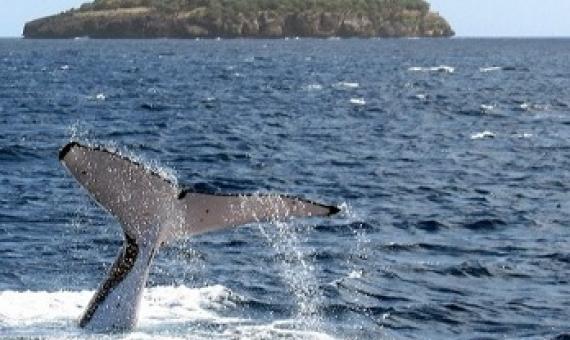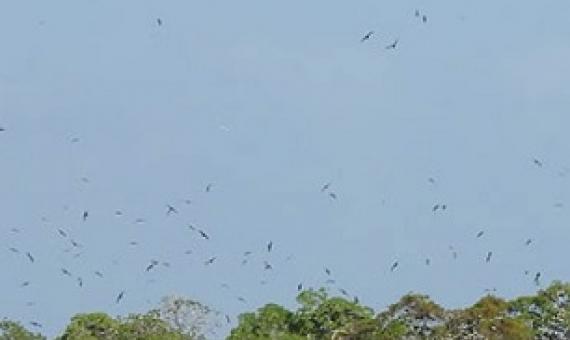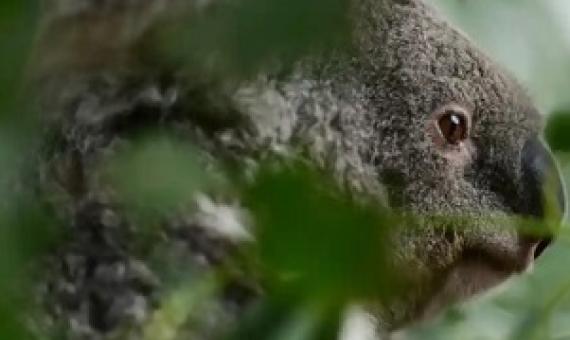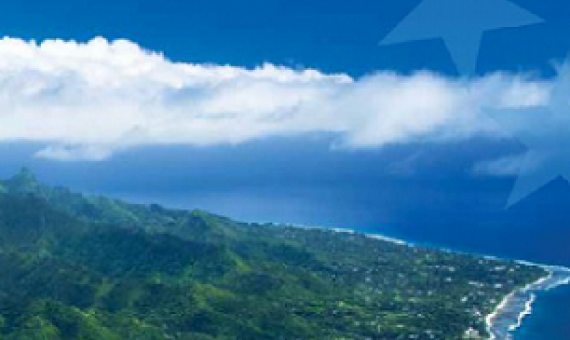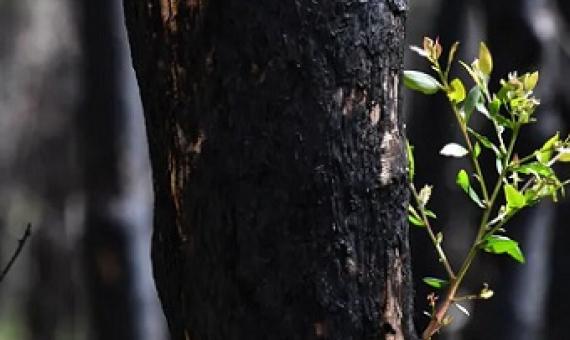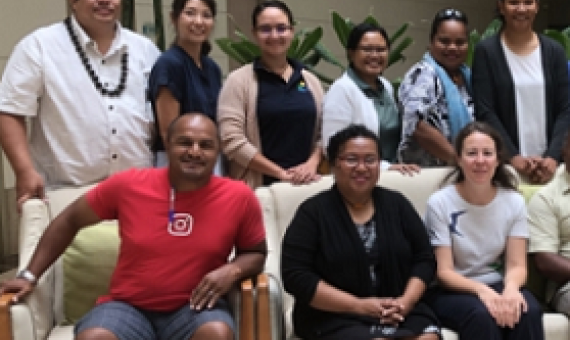The ‘Tonga State of Environment Report 2018’ highlights that collaborations between the Ministry of Fisheries and coastal communities in the implementation of Special Management Areas have contributed to the protection of marine species, and helped ensure that local communities maintain their abi
The Cook Islands, Niue, Solomon Islands, and Tonga have approved their national State of the Environment (SoE) reports, whilst in Papua New Guinea (PNG), the Minister for Environment Conservation and Climate Change has pre-approved the country’s report.
Australia’s environment is in an unsustainable state of decline and laws set up to protect unique species and habitats are ineffective, a major review of the national environmental framework has found.
The Cook Islands State of Environment Report (SoE) 2018 was officially approved by Cabinet on 6 March, 2020. The report updates the 1993 baseline with the latest findings supported by scientific data from the Cook Islands and presents it in a form that is easily understood.
2019 was the year Australians confronted the fact that a healthy environment is more than just a pretty waterfall in a national park; a nice extra we can do without. We do not survive without air to breathe, water to drink, soil to grow food and weather we can cope with.
Working with Pacific island countries to report to the various multilateral environmental agreements (MEAs) such as the Convention on Biological Diversity, an objective of the Inform Project is to address the on-going challenge of compiling high-quality, and up to date data on the environment.
The Republic of the Marshall Islands - State of Environment Report 2016
This report updates the 1992 State of Environment report with the latest findings from the Marshall Islands. Environmental reporting is defined as a requirement for RMI in the ‘Office of Environmental Planning and Policy Coordination (OEPPC) Act 2003’. The present report results from a concerted effort of all national stakeholders with OEPPC being the lead agency working with the Secretariat of the Pacific Regional Environment Programme (SPREP) in gathering information from national stakeholders to compile this report.

